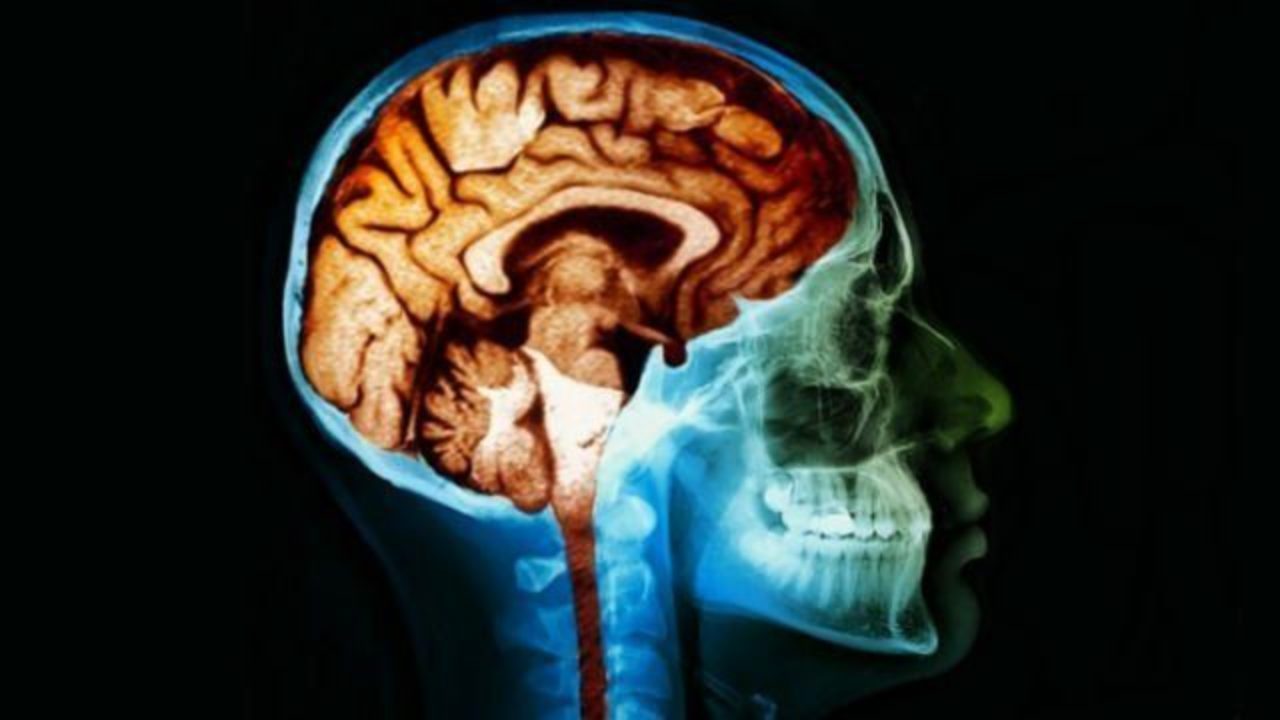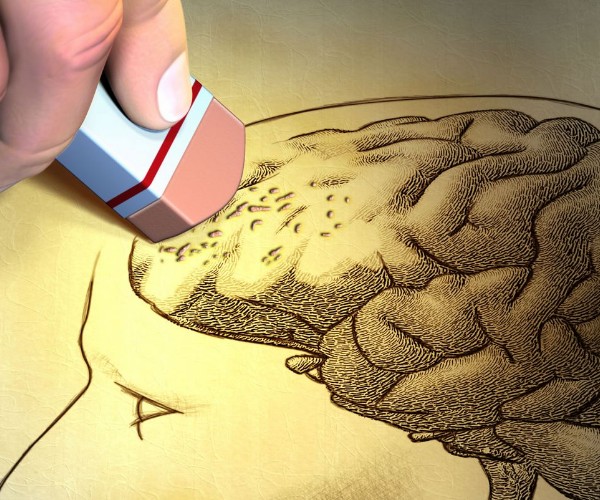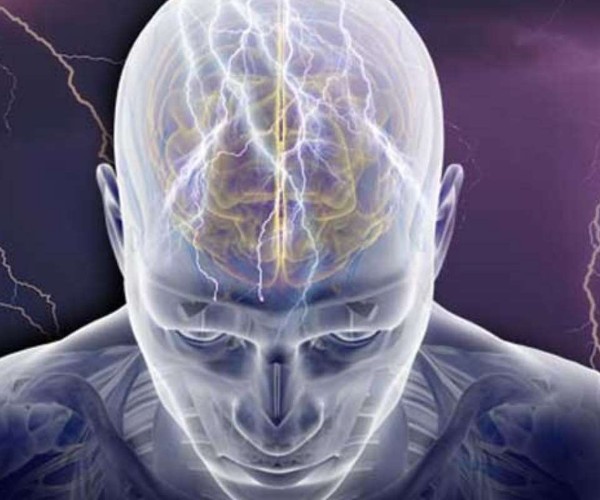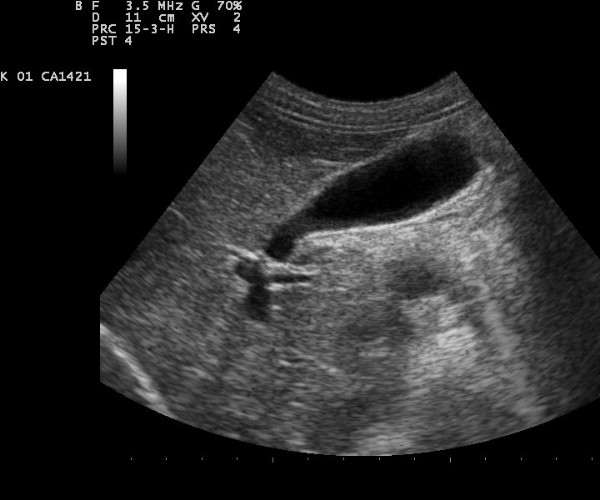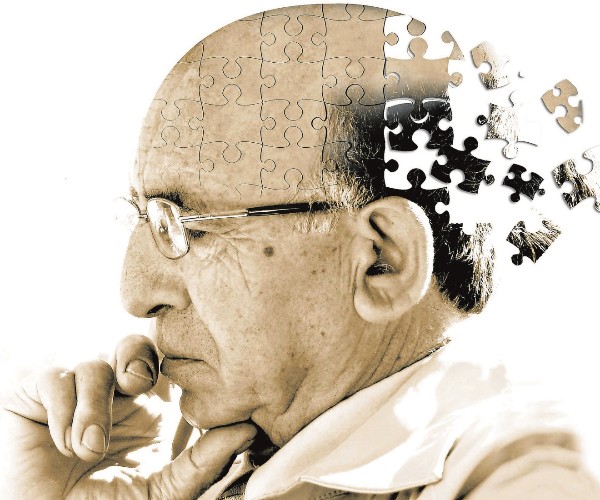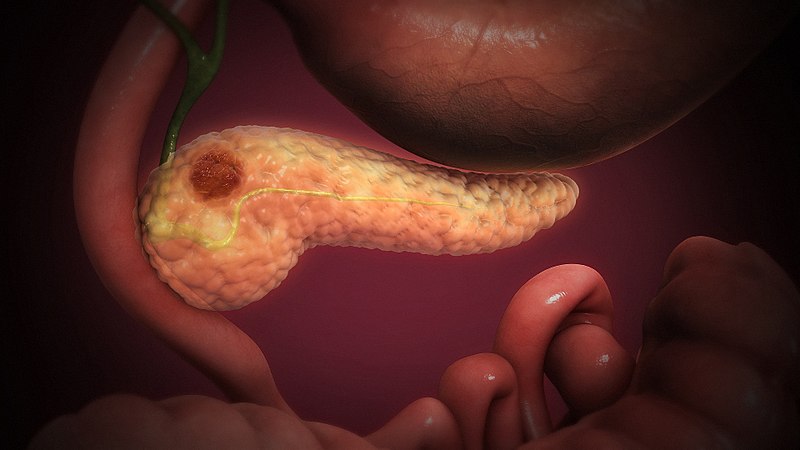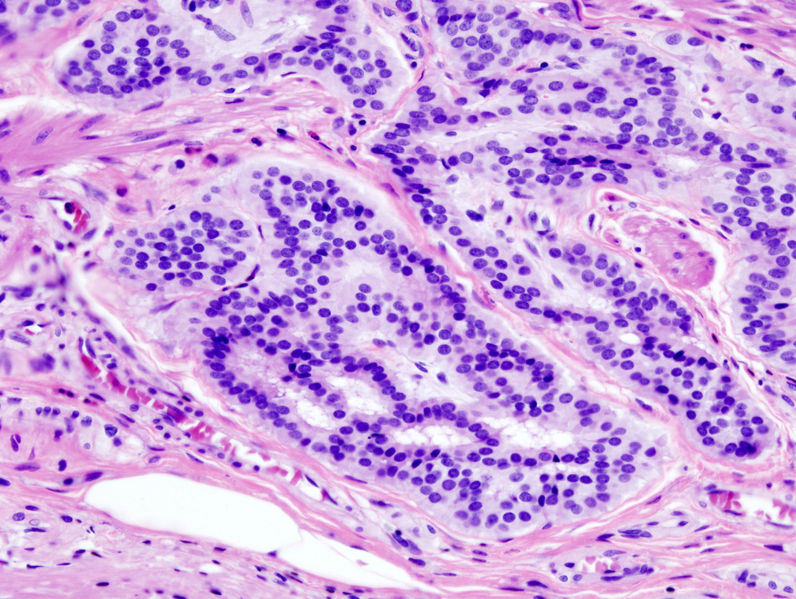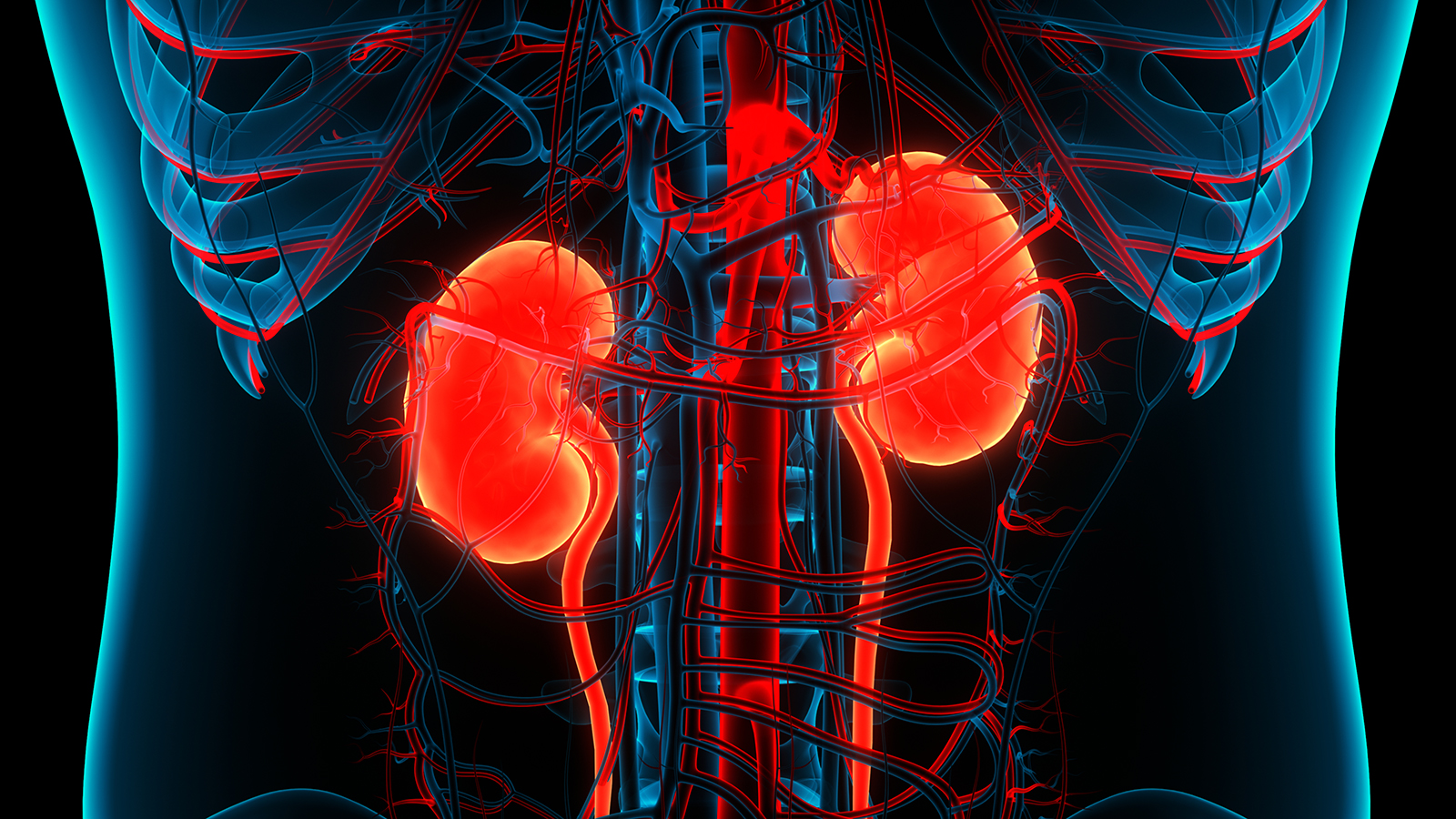The dysfunction of the
involuntary nervous system
, or familial-type dysautonomia , is a genetic disorder that goes to affect groups of nerve cells, which are not properly developed and do not survive.
This type of disorder can affect involuntary cells such as those in the digestive or respiratory organs significantly impairing digestion, respiration, body temperature, blood pressure or tear secretion. It can also affect areas deputed to the perception of taste or heat or pain.
Familial dysautonomia is also referred to as hereditary sensory neuropathy.
The disease can manifest as early as infancy and school age with some typical symptoms such as insufficient growth, some muscle hypotonia, recurrent respiratory infections, feeding difficulties, lack of lacrimation, and unstable body temperatures.
In addition to these symptoms, there are also some behaviors typical of children with dysautonomia who sometimes exhibit a bluish-colored face due to a tendency to hold their breath for some time, a habit that can cause damage resulting from reduced oxygen supply.
Other hallmarks of the disease may be a tendency toward scoliosis, some delay in communication and walking, and occasional problems with vomiting or nocturnal enuresis may also occur.
Many others may be the symptoms that gradually manifest over the years, including alterations in blood pressure, but also fluctuations in body temperature, discomfort such as vomiting, and dizziness.
After the childhood years in a portion of patients with this condition, developmental delay and alsolearning difficulties are observed. As the years go by, past childhood, the disease presents a series of clinical problems such as cardiovascular symptoms, a recurrence of respiratory infections, kidney problems, worsening in the eyes with reduced visual perception, and many other discomforts, basically a condition of obvious general disability.
All this, from the medical treatment point of view, involves intervening on multiple fronts, as if treating multiple diseases, and also from the health care point of view, interventions are needed to support the various disabilities caused by the disease.








